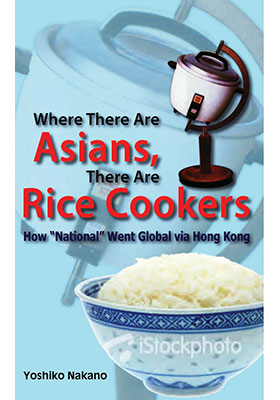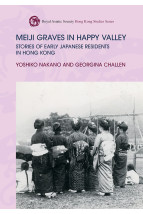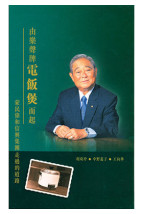Where There Are Asians, There Are Rice Cookers
How “National” Went Global via Hong Kong
(與電飯鍋一起成長的亞洲人:香港“樂聲牌”電飯鍋之全球性發展歷史)
ISBN : 978-988-8028-08-5
December 2009
228 pages, 6″ x 9″, 62 b&w illus.; 1 map
- HK$180.00
Ebooks
Also Available on
This is the first English-language book to focus on the electric rice cooker and the impact it has had on the lives of Asian people. This account of the rice cooker’s globalization aims to move away from Japan-centric perspectives on how “Made in Japan” products made it big in the global marketplace, instead choosing to emphasize the collaborative approach adopted by one Japanese manufacturing giant and a Hong Kong entrepreneur. The book also highlights the role Hong Kong, as a free port, played in the rice cooker’s globalization and describes how the city facilitated the transnational flow of Japanese appliances to Southeast Asia, China, and North America. Based on over 40 interviews conducted with key figures at both National/Panasonic and Shun Hing Group, it provides a fascinating insight into the process by which the National rice cooker was first localized and then globalized. Interspersed throughout are personal accounts by individuals in Japan and Hong Kong for whom owning a rice cooker meant far more than just a convenient way of cooking rice. The book includes over 60 images, among them advertisements dating back to the 1950s that illustrate how Japanese appliances contributed to the advent of a modern lifestyle in Hong Kong.
This account of the rice cooker’s odyssey from Japan to Hong Kong and beyond is intended for a general audience as well as for readers with an interest in the empirical study of globalization, intercultural communication, Hong Kong social history, and Japanese business in Asia.
“The book meticulously describes the process by which the Chinese and Japanese worked hand-in-hand to create products that would appeal to local people.” —Nikkei Business
“Consumer products do not become popular just because of their advanced technology. Based on numerous interviews, this book vividly describes the process by which rice cookers overcame significant cultural barriers in advertising, logistics and marketing and conquered rice-eating countries around the world.” —Ryuicihiro Matsubara, University of Tokyo, Asahi Shimbun
“This is an exciting story that develops like a Hong Kong movie, yet, at the same time, puts home appliances in a broader context by considering the role of Hong Kong as an international showcase and the city’s relationship with mainland China.” —Kan Nozaki, University of Tokyo, Yomiuri Shimbun







